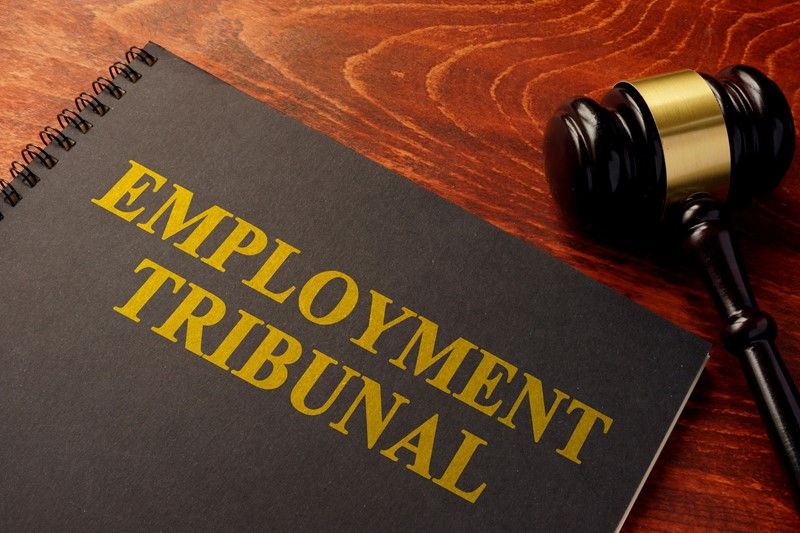The Employment Allowance – what you can claim
As of April 2025, more employers can claim the increased £10,500 Employment Allowance thanks to relaxed eligibility rules. This increase will help employers reduce some of the impact of the recent increases in employers' NIC.
The Employment Allowance allows eligible employers to reduce their National Insurance liability. The current allowance that applies from April 2025 is £10,500. Previously, the allowance was £5,000 per year. You can claim less than the maximum if this covers your total Class 1 NIC bill.
A claim for the Employment Allowance is usually made when filing your Employer Payment Summary (EPS) as part of the Real Time Information (RTI) submissions to HMRC.
The previous eligibility restriction, which limited the allowance to businesses with less than £100,000 in annual employer NIC liabilities, was removed with effect from April 2025. This change means that more employers can now qualify for the allowance.
Connected employers or those with multiple PAYE schemes will have their contributions aggregated to assess eligibility for the allowance. The Employment Allowance can be used against employer Class 1 NICs liability. It cannot be used against Class 1A or Class 1B NICs liabilities. The allowance can only be claimed once across all employer’s PAYE schemes or connected companies. De minimis state aid rules may also apply in restricting the use of the allowance.
Employment Allowance claims need to be re-submitted each tax year. There are a number of excluded categories where employers cannot claim the employment allowance. This includes limited companies with a single director and no other employees, employees whose earnings are within IR35 ‘off-payroll working rules’ and someone you employ for personal, household or domestic work (unless they are a carer or support worker).




